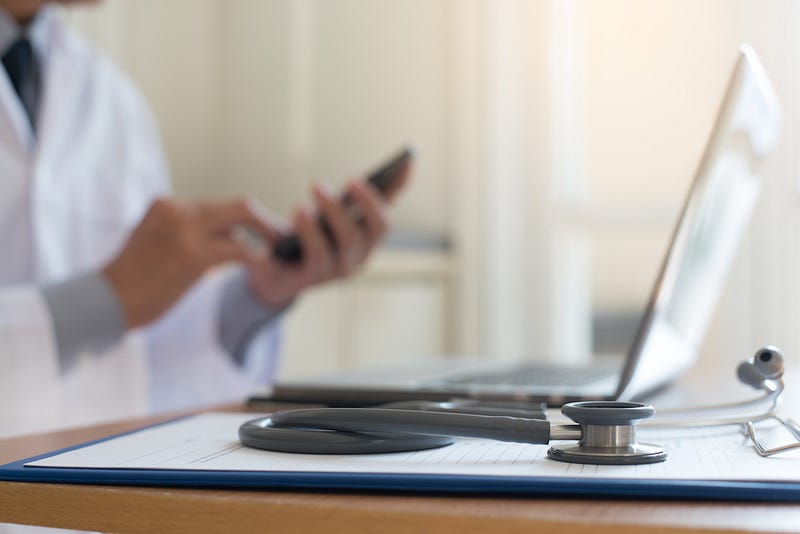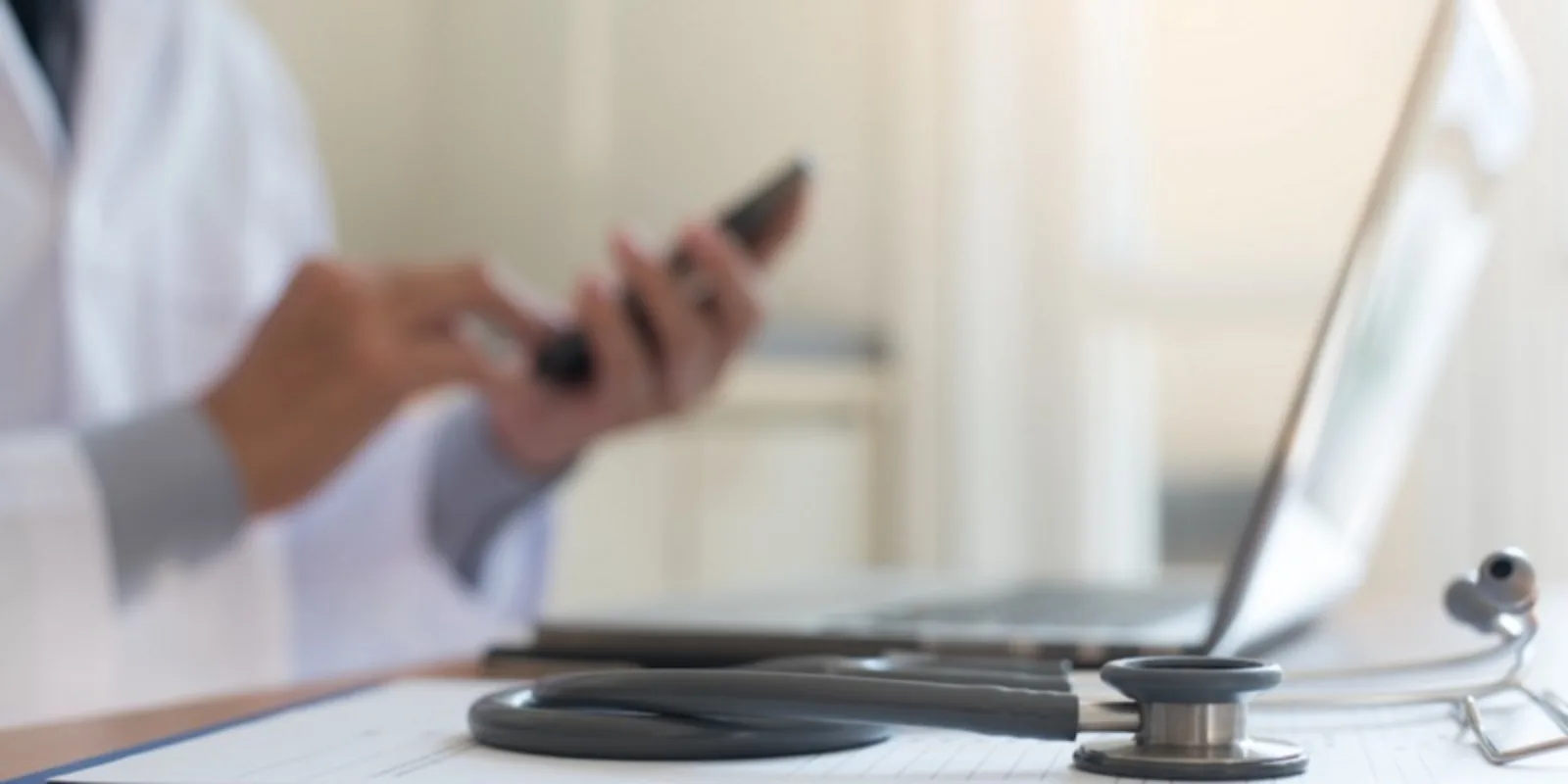
Just coming off call, I found my psychiatrist friend, Dr. Shpilkes (not her real name), drinking coffee alone. I had asked, “How do you know if a behavior is an addiction?”
“It would interfere with the rest of your life. It would disrupt family activities, or be a barrier to intimacy,” she responded. “You would continue it despite adverse consequences. Oh, and loss of control.”
“Loss of control?”
“Yeah, you know—when you decide you would only do it for a little while and you ended up doing it a lot more.”
I said, “Sounds like taking call, doesn’t it?”
She sipped her coffee and nodded.
“Does it matter that we hate it?”
She shook her head. “Don’t most cigarette smokers hate being enslaved to tobacco?”
I had to agree.
Since that moment, I have thought about what she said.
We all know how call destroys family plans. At one point or another, we’ve all thought we’d have an easy night but ended up spending more time on the phone than enjoying an anniversary/birthday party/soccer game/movie/you name it.
If you haven’t had adverse consequences from call, you just haven’t had enough call yet. Sooner or later, you’ll get sick because you stayed up all night. Or you’ll have a migraine or experience a car crash. Or you’ll snap at someone you love.
Loss of control? All of us at one time or another took call when we hadn’t planned to. Some of us took call for days at a time, watching Friday turn into the weekend. It doesn’t matter that we took over for a colleague—we still lost control.
The analogy to alcoholism gets worse. Not only does call interfere with everything else, but as the hours that we needed to recover often become days. And as soon as we’ve recovered, we’re right back at it. In the late stages of the disease we go back on call before we’ve recovered.
Then, there’s the denial stage:
“Call wasn’t that bad last time.”
“Maybe call will be light next time.”
“I’ve had lots worse.”
“The (name another specialty) call, now that’s extreme. My call isn’t nearly as hard.” “I’m tough. I can handle it.”
When I hear, “I have to take call to keep my practice going,” I think about one of the most dedicated alcoholics I’ve taken care of. His occupation, liquor salesman, demanded alcohol consumption on the job. He only drank at work. Of course, he set up a lot of wine tastings across his territory which made him very successful. Sounds a lot like practice building, doesn’t it?
But we don’t have a community of recovery, we don’t have anything like AA or a 12-step program. Our mates and our families suffer. Our social spheres contract, and our outside interests wither because call comes first. We lose years from our life expectancy.
What Can We Do?
During residency one of my externship facilities relied on a night float: one of the housestaff would come in at midnight and stay until 8:00 a.m. Later, I happened upon the same phenomenon in the Indian Health Service.
Now, increasingly, employers offer docs who take call a hefty bonus, which can amount to a decent wage. So we know some physicians are moving away from that onerous duty. And we have a whole new genre of physician, the nocturnist. (Nocturnist, however, is a non-sustainable position for anyone who wants to be part of normal American life. I figure 7 years at the most.)
Perhaps a sub-subspecialist, who just takes the after-hours and weekend business in his or her specialty, would be called, well, an on-call-ogist.
Which sounds pretty malignant. But, then, so is any addiction process.
Dr. Steven F. Gordon is a family physician and a 2018–2019 Doximity Author.







